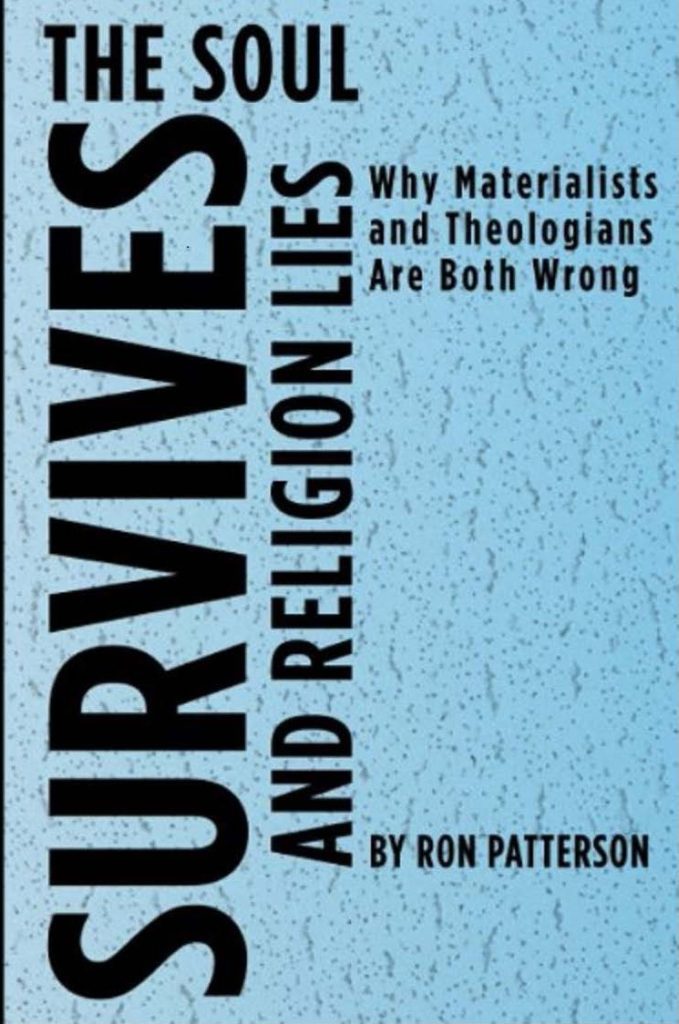On page 119, Kindle edition
We don’t (and generally can’t) keep track of exactly what’s going on in the environment—it’s too complicated. It’s not going to just be a single photon that interacts differently with different parts of the apparatus’s wave function, it will be a huge number of them. Nobody can be expected to keep track of every photon or particle in a room.
That simple process—macroscopic objects become entangled with the environment, which we cannot keep track of—is decoherence, and it comes with universe-altering consequences. Decoherence causes the wave function to split, or branch, into multiple worlds. Any observer branches into multiple copies along with the rest of the universe. After branching, each copy of the original observer finds themselves in a world with some particular measurement outcome. To them, the wave function seems to have collapsed. We know better; the collapse is only apparent, due to decoherence splitting the wave function. We don’t know how often branching happens, or even whether that’s a sensible question to ask. It depends on whether there are a finite or infinite number of degrees of freedom in the universe, which is currently an unanswered question in fundamental physics. But we do know that there’s a lot of branching going on; it happens every time a quantum system in a superposition becomes entangled with the environment. In a typical human body, about 5,000 atoms undergo radioactive decay every second. If every decay branches the wave function in two, that’s 25000 new branches every second. It’s a lot.

This is a comment.